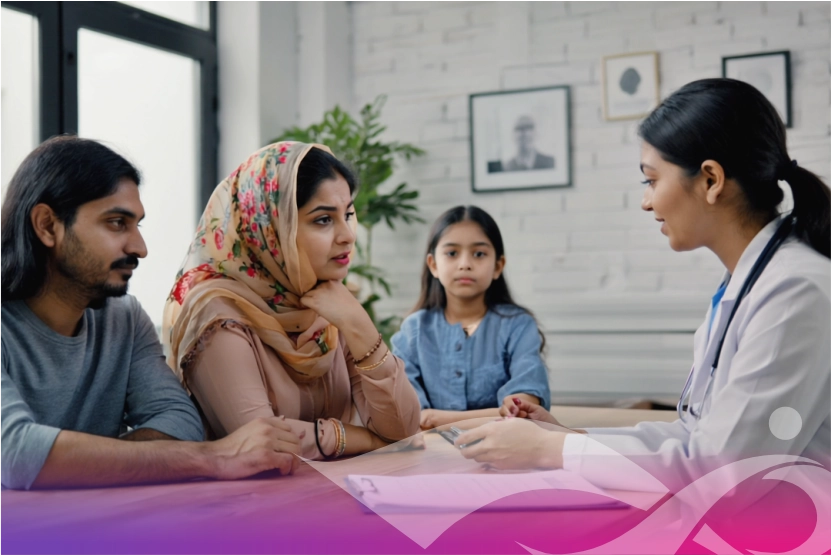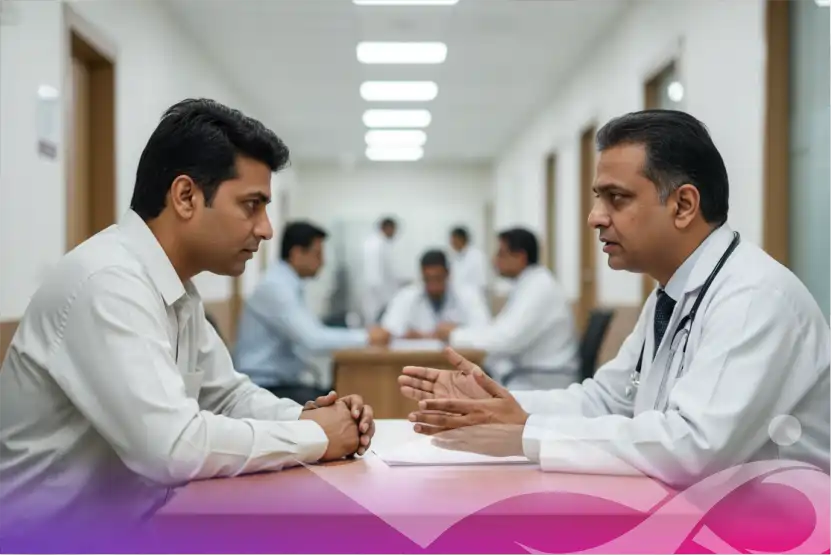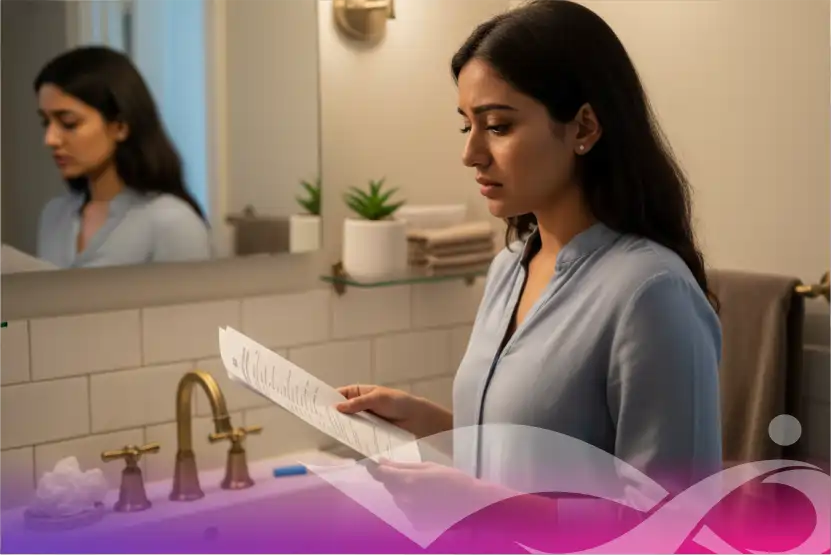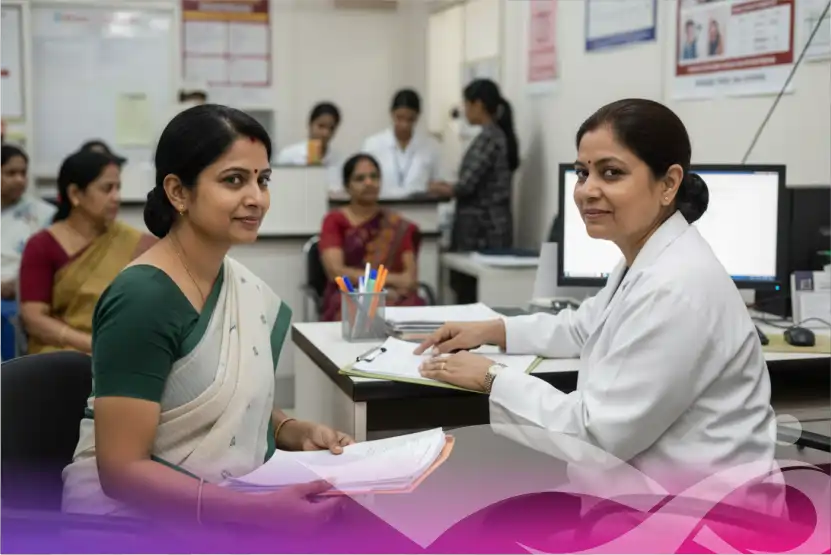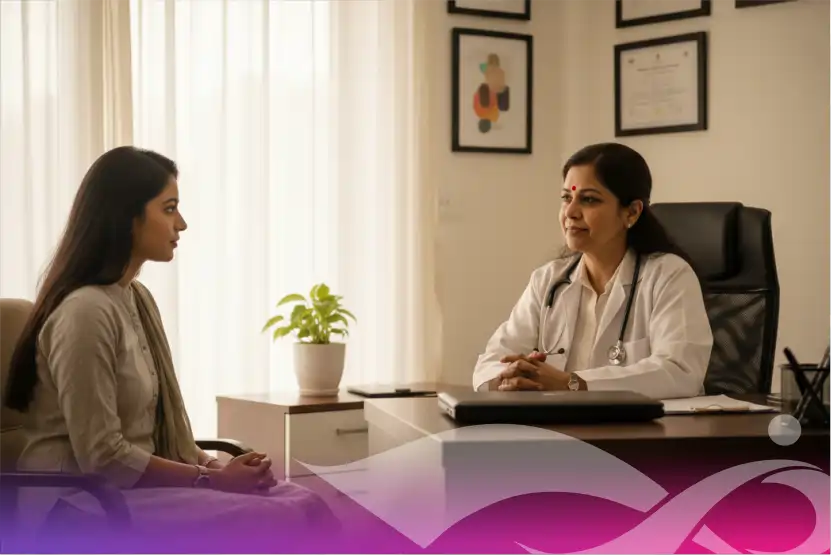Although a cancer diagnosis at any level can alter a person's life, a late-stage cancer diagnosis can feel especially challenging and occasionally comes with conflicting prognoses and few treatment options. Under these challenging circumstances, the idea of a "second opinion" is not only a decision but also a required action that can greatly impact a patient's course and, most of the time, save lives. Since every patient deserves the most comprehensive and careful treatment, at IOCI we strongly support and enable second opinions.
The power of a new viewpoint
With late-stage cancer, the initial line of treatment would seem to be obvious. Though its field is fast changing and new studies, treatments, and clinical trials are always under development in oncology. Another team of specialists' second view can offer a fresh perspective, maybe pointing up:
- diagnosis subtleties
- reevaluating the staging
- pointing up other therapy paths not first under thought.
A different pathologist might view tissue samples differently, for example, which would result in a changed diagnosis or subtype opening new therapy avenues, such as for cases involving Thyroid cancer and neck swelling. A fresh oncologist might be aware of a new combination treatment or a developing clinical trial especially appropriate for the patient's particular type of late-stage cancer. This is particularly true for cases involving multiple myeloma early detection, where even subtle diagnostic differences can lead to significantly varied treatment strategies.
Revealing New Possibilities and Verifying Plans
A second opinion can have several important consequences for patients in late stages of cancer:
- Finding fresh treatment strategies: Maybe the biggest benefit is this. A second opinion could offer whole fresh surgical procedures, radiation treatments, chemotherapy regimens, targeted drugs, or immunotherapies that could be more efficient or offer a better quality of life. Sometimes these choices are accessible through involvement in clinical studies the original care team might not have prioritised or known of, or through specialised centres, including those for Liver cancer symptoms and treatment.
- Ideal diagnosis or staging: In complex late-stage conditions, exact diagnosis and staging are absolutely vital. A second review helps one confirm the first findings, sometimes pointing up small interpretive errors leading to a more exact diagnosis or staging. This can drastically change the recommended course of action, guiding a patient from a palliative care focus to maybe curative treatment.
- Verification and Mental Calm: Although it supports the first diagnosis and treatment plan, the second view gives great peace of mind for the patient and their family. Knowing that many experts agree on the best course of action will help the patient to get confidence and reduce anxiety, enabling them to really commit to their treatment.
- Availability of Skills Particularly Relevant to You: Some late-stage cancers are rare or require very specific knowledge. Since it usually entails speaking with experts with great knowledge in particular types of cancer, seeking a second opinion can be rather crucial for maximising results.
Method for Client Empowerment: IOCI Second opinions
Second opinions at IOCI are seen as a development of our commitment to patient-centered treatment instead of a challenge to our knowledge. We believe in arming our patients with all the knowledge required to make the best decisions about their health. Since our multi-disciplinary team is always ready to collaborate, analyse cases, and provide comprehensive second opinions, every patient searches every possible road for hope and recovery. Every decision counts in late-stage cancer. A second view can be a lighthouse of hope guiding altered plans, improved outcomes, and ultimately helps to save lives.
Consult us at any of our locations—across IOCI Noida, Greater Noida, Mumbai, Indore, Aurangabad, Agartala, Saharanpur, Kanpur and Jodhpur.






